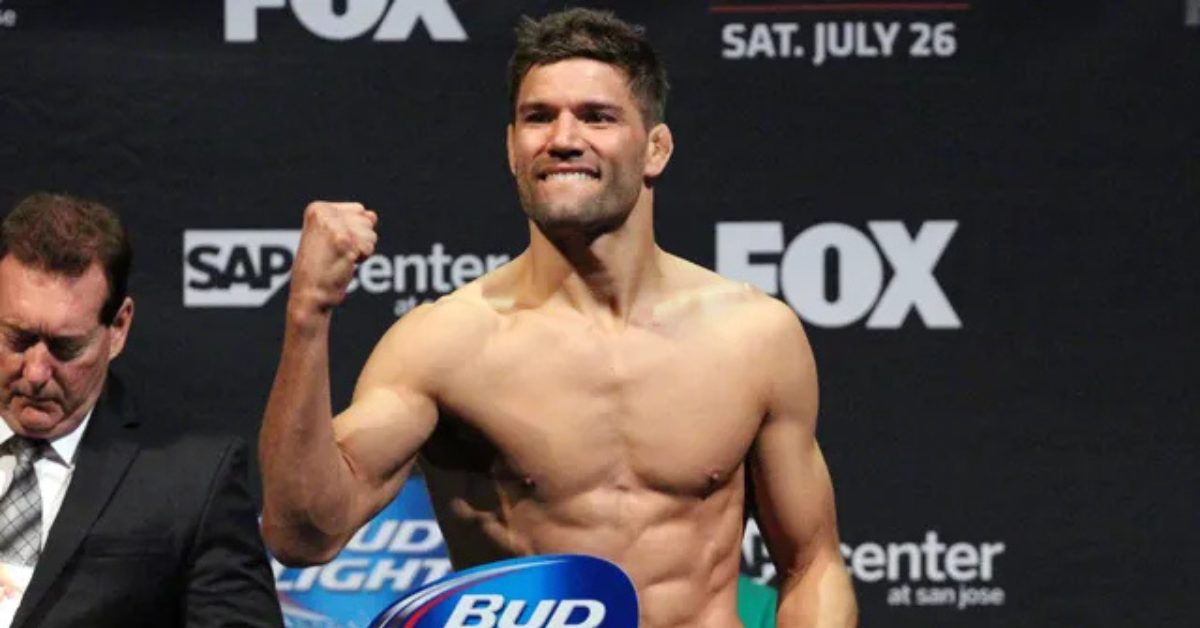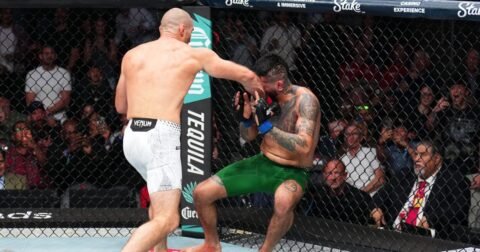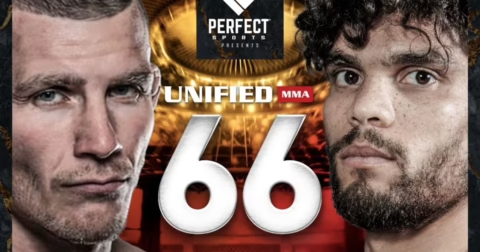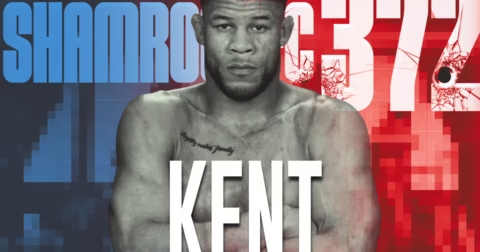Entitlement in modern MMA fighters is swiftly becoming a hot-button issue, as echoed by Josh Thomson’s insightful commentary on the current landscape of the sport. With over 16 years of experience inside the cage and a perspective shaped by the dramatic shifts in MMA, Thomson emphasizes a troubling mindset among many fighters today. He notes that today’s athletes often believe they “deserve” higher fighter pay without having earned the accolades historically associated with such compensation. This growing sense of entitlement raises questions about the training habits of fighters and their dedication, contrasting sharply with the rigorous paths taken by pioneers of the sport. Drawn from Thomson’s MMA career insights, this dialogue spotlights the urgent need for contemporary fighters to embrace a strong work ethic, rather than relying solely on perceived entitlement.
The phenomenon of entitlement among contemporary mixed martial artists is becoming increasingly prevalent, particularly as seasoned veterans like Josh Thomson reflect on the notable changes within the sport. The disparity in expectations regarding compensation and recognition sets modern fighters apart from their predecessors, who relied on sheer grit and determination to earn their place in the MMA hierarchy. Today’s athletes often approach their careers with a sense of privilege that can overshadow the value of hard work and sacrifice, revealing a complex dynamic in fighter pay comparisons. Furthermore, the impact of social media and instant fame has shaped the perception of success, urging a reevaluation of what it truly takes to succeed in this demanding discipline. Thus, the ongoing discussion surrounding fighter entitlement issues highlights the significant cultural shifts within the world of mixed martial arts.
The Entitlement Issue in Modern MMA Fighters
In the landscape of mixed martial arts, entitlement is a prevalent issue that resonates deeply with veterans like Josh Thomson. He emphasizes that many young fighters today possess a feeling of deserving higher fighter pay without having genuinely earned it through consistent performance or dedication. The dramatic increase in base salaries over the years has led a new generation to develop unrealistic expectations about compensation—a stark contrast to the hard-earned wages of fighters from earlier eras like Thomson himself. Fighters in the past had to endure struggles, with many earning inadequate pay for risking their health and careers. This phenomenon of entitlement may hinder the development of grit and resilience, essential qualities for anyone looking to excel in a demanding sport like MMA.
Moreover, the disparity between the past and present also showcases the changing dynamics in fighter training habits and motivation. Thomson recalls how fighters of his generation, such as BJ Penn and Randy Couture, were compelled to push their limits and fight not just for financial gain, but out of sheer passion and love for the sport. Today, it appears that some emerging fighters may seek shortcuts to success without putting in the requisite hard work and dedication. This shift raises concerns about their long-term career prospects in the MMA industry, emphasizing the need for a mindset that fosters genuine growth and appreciation for the sport.
Comparing Fighter Pay Across Eras
The shift in fighter pay compared to the days of fighters like Josh Thomson has been nothing short of staggering. When Thomson fought, his initial disclosed earnings were around $4,000—a far cry from the six-figure deals that many new fighters encounter today. This evolution reflects broader movements within professional sports as athlete compensation becomes increasingly lucrative. However, this rapid influx of money has led to a comparison among fighters regarding their worth—often leading to discontent over perceived pay inequities. The current generation of fighters is left grappling with the challenge of establishing their value in a saturated market, where social media platforms often inflate expectations.
This increase in earnings can inadvertently foster a sense of entitlement among young fighters who may overlook the importance of building their careers through dedication and perseverance. Fighter pay comparison showcases that while today’s athletes might receive higher initial salaries, they should not lose sight of the foundational elements of sport that once defined their predecessors. The current landscape calls for a reevaluation of what it means to earn one’s stripes in MMA and how fighters can utilize their opportunities to respect the legacy of those who fought with far less.
Training Habits of Modern Fighters vs Those of the Past
The training habits of fighters have evolved tremendously over the years, reflecting the advancements in sports science and nutrition. Today’s fighters often have access to cutting-edge facilities, extensive coaching staffs, and advanced training techniques that were not available to those in previous generations, like Thomson’s. However, while these resources can greatly enhance performance, Thomson suggests that some fighters may not fully capitalize on them. The current mindset may lean towards settling for comfort rather than unyielding resolve, and this complacency can ultimately impact their career trajectories.
Thomson believes the training routines embraced by modern fighters should include a greater focus on grit and toughness, traits that were quintessential during his own career. The advent of technology in MMA—including the analytical breakdowns of fight footage—has its benefits, yet it can simultaneously provide distractions that lead to less quantifiable results, such as drive and hard-earned experience. He argues for a holistic approach to training that not only relies on physical prowess but also emphasizes mental fortitude and an uncompromising work ethic, pushing fighters to honor the sport and its legacy.
MMA Career Insights from Veterans
Veteran fighters like Josh Thomson have invaluable career insights that can guide aspiring professionals in mixed martial arts. Drawing from personal experiences, Thomson emphasizes the importance of resilience and the willingness to endure hardship. For many seasoned fighters, their careers have been marked by challenges that taught them lessons beyond the octagon, shaping their identities as athletes and individuals. This perspective becomes especially relevant for newer fighters who might overlook the significance of such formative experiences in their own journeys.
Moreover, veteran insights can also highlight the necessity of cultivating relationships within the MMA community. Thomson’s own career exemplifies how connections with trainers, coaches, and peers can lead to opportunities that might not come from raw talent alone. Networking plays a crucial role in achieving success in this competitive sport. Understanding the importance of collaboration and mentorship is a lesson that new fighters should embrace to navigate the complexities of their MMA careers effectively.
Cultural Shifts in MMA
The cultural shifts in MMA over the years have greatly influenced how fighters perceive their roles within the sport. With the rise of social media, fighters now engage with fans and promote their careers more independently than ever before. This open platform has transformed the way fighters market themselves, leading to an heightened sense of personal brand development. Yet, while social media can grant visibility and opportunities, it can also impart unrealistic expectations and contribute to entitlement issues noted by Thomson. Fighters must develop savvy strategies around personal branding while maintaining a focus on their athletic performance.
Contrasting the cultural environment of today with that of the past reveals how the sport has matured, yet it carries the risk of losing some foundational values that once defined the MMA community. Thomson’s advocacy for honoring the sacrifices of earlier fighters before them serves as a reminder for modern athletes to pay respect to the sport’s history. As MMA continues to grow, it becomes increasingly vital for fighters to strike a balance between ambition and humility, ensuring that they recognize the efforts of those who paved the way for their success.
Social Media’s Role in Fighter Development
Social media plays an integral role in modern fighter development, profoundly changing the landscape of Mixed Martial Arts. Platforms such as Instagram, Twitter, and TikTok empower fighters to connect with fans, promote their brand, and even negotiate sponsorship deals. However, while these platforms offer various avenues for self-promotion, they can dilute a fighter’s focus on their primary goal: improving their craft. Thomson’s observations on entitlement highlight the tendency for young fighters to place more value on their social media following than on their training habits, often resulting in missed opportunities to learn and grow within the sport.
Fighter entitlement issues often stem from an overemphasis on social media success rather than traditional forms of achievement like wins and title shots. Athletes may prioritize creating a polished image over developing their skills through rigorous training. This shift can lead to superficial success, where fighters become known more for their online personas than their performances in the cage. To foster a sustainable career, it’s crucial for fighters to use social media wisely, leveraging it as a tool for growth and self-awareness while remaining grounded in the intrinsic values of hard work and sportsmanship.
Challenges of Modern Fighter Expectations
The expectations placed on modern MMA fighters are incredibly high, often fueled by the rapid growth of the sport and the glamor associated with professional fighting. Fighters today are frequently bombarded by media pressure to perform at peak levels consistently, leading to a different set of challenges compared to earlier generations. Thomson articulates the struggles faced by fighters who grapple with these expectations, stating that some may be reluctant to engage fully in fights if they fear the repercussions of a loss, raising questions about their mental preparedness and motivation.
The desire to meet and exceed these expectations can sometimes culminate in unhealthy levels of pressure, impacting a fighter’s performance in ways that veteran athletes may have never encountered. This aspect of entitlement, where fighters feel they are entitled to success based on their social standing or marketability, detracts from the foundational elements of the sport—namely, technique, conditioning, and determination. Building a supportive environment where fighters can thrive without the oppressive weight of expectation is crucial for the growth of MMA as a sport.
Learning from Past Fighters
The stories of past fighters hold significant value for the current generation, as they offer lessons rooted in experience and perseverance. Fighters like Thomson, who paved the way, endured challenges and hardships that molded not only their careers but the sport itself. Understanding their journeys can provide invaluable insights into what it means to truly earn success in MMA, contrasting with the sense of entitlement that skews the perception of more recent fighters. These narratives serve as a source of inspiration, reminding modern fighters that excellence does not come without effort and sacrifice.
By studying the diligence and dedication of pioneering fighters, athletes today can gain a clearer perspective on their paths in MMA. Thomson advocates for future generations to learn from those who fought for pennies and achieved greatness through sheer willpower. Recognizing the sacrifices of past athletes brings a sense of respect and accountability that can foster a culture of hard work, inspiring upcoming fighters to adopt a mindset that values effort and character over entitlement.
The Importance of Mentorship in MMA
Mentorship plays a critical role in shaping the next generation of MMA fighters, allowing them to gain insights and wisdom from established athletes like Josh Thomson. With years of experience under their belts, veterans can offer invaluable advice on navigating the complexities of a career in professional fighting. By fostering relationships between seasoned fighters and newcomers, the sport can create a supportive environment where budding athletes learn not just about techniques but also about the mental fortitude required for success.
The transfer of knowledge through mentorship is essential, especially in combat sports where the stakes are high, and every decision can impact an athlete’s future. By guiding younger fighters on both performance and lifestyle choices—training habits, diet, and mindset—mentors can help instill values that counteract the entitlement often seen in modern athletes. This relationship can encourage a shift towards a more disciplined approach to training and competition, ensuring that fighters respect the sport and honor those who came before them.
Key Points
- Entitlement Issue: Josh Thomson highlights that modern MMA fighters feel entitled to higher earnings without having earned them.
- Comparison of Eras: Thomson notes the vast differences in pay and conditions between his fighting era and today’s fighters.
- Value of Experience: He believes that younger fighters should appreciate the sacrifices made by previous generations.
- Potential Not Used: Thomson expresses concern that many fighters do not fully engage in their battles, opting for easier fights instead.
Summary
Entitlement in modern MMA fighters has sparked debates within the mixed martial arts community, primarily emphasizing the notion that some fighters believe they deserve more without having demonstrated their commitment and skills. Veteran fighters like Josh Thomson argue that this sense of entitlement can lead to decreased performance and respect for the sport’s history. Thomson reflects on how fighters today enjoy significant financial benefits and resources compared to earlier days, yet many seem unaware of the hard-earned legacy that paved the way for current opportunities. He encourages modern fighters to embrace their potential, honor their predecessors, and truly earn their place in the cage.







